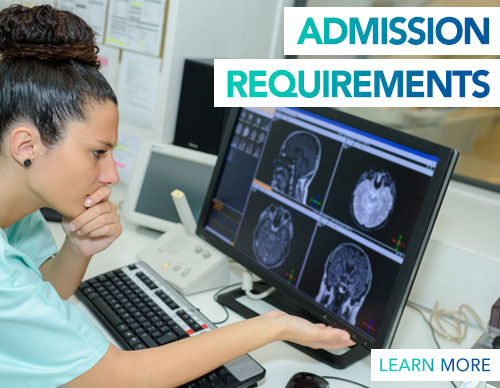About the Medical Physics Program
The MS in Medical Physics program at Hofstra University is a 39 semester-hour CAMPEP accredited program designed for completion within a two-year period. It resides in the Department of Physics and Astronomy of Hofstra College of Liberal Arts and Sciences with multidisciplinary faculty members drawn from within the department, Hofstra North Shore-LIJ School of Medicine (Departments of Radiation Medicine and Radiology), Feinstein Institute for Medical Research, and Hofstra School of Engineering and Applied Science (Biomedical Engineering Program). The program provides students with a strong foundation in the basic science, applications and profession of Medical Physics; and clinical training in the primary subspecialties (Imaging Physics, Nuclear Medicine Physics, Radiation Oncology Physics and Medical Health Physics) through mentored physics practicums within the North Shore Long Island Jewish Health System. The program offers seminar and elective courses across a wide range of related subjects, and several opportunities for students to participate in basic, applied and clinical research in medical physics.
To ensure equilibrium between elements of program structure, operations and outcomes, the program governance structure consists of a Program Director, Assistant Program Director, Steering Committee, Full-faculty Committee, Admissions Committee, and Student Committee. In order to maintain standards and ensure uniformity of operations, the program operates in accordance with Hofstra University Faculty Statutes, Faculty Policy Series, the Graduate Studies Bulletin and complemented by a Collective Bargaining Agreement. The commitment to diversity is enshrined in the Hofstra University Diversity Mission Statement. The Program Director is the administrative head of the program. By holding a leadership role in both the University and the Health System, the director facilitates a unified approach to maintaining a successful partnership, providing innovative leadership, and ensuring the seamless integration of didactic, research and clinical experiences. The Steering Committee monitors and oversees all aspects of the program including program structure and governance, policies and procedures, operations, compliance, quality management, faculty evaluations, feedback and updates from all other committees. The Full-faculty Committee provides feedback on course curriculum and student progress and makes recommendations for program improvements or resource needs. The Admissions Committee manages the admissions process, maintains admissions records and provides statistical admissions data that is updated on a yearly basis on the program website. Student representatives are appointed each year to serve as a liaison between the students and the program leadership and faculty in order to provide adequate pathways for communicating student feedback.
